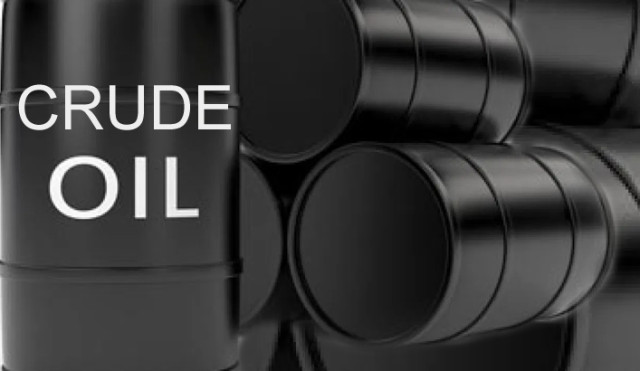A $5 billion crude-for-loan agreement between the Federal Government and Saudi Arabian oil giant Aramco has encountered significant hurdles, primarily due to the recent drop in crude oil prices.
According to a Tuesday report by Reuters, which cited four sources, the deal has stalled as new market data and the falling oil prices raised concerns among the banks expected to finance it.
This facility would mark Nigeria's largest oil-backed loan to date, as well as Saudi Arabia's first involvement of this magnitude in Nigeria, though the reduced oil prices may diminish the deal’s scale.
Following a major sell-off in early April after OPEC+'s decision to reduce voluntary production cuts by a total of 2.2 million barrels per day, major oil benchmarks have remained around the $60 mark. Additionally, ongoing worries regarding President Donald Trump’s trade rhetoric have further impacted hydrocarbon markets.
Eight OPEC+ countries have consented to gradually ramp up production at a rate of 410,000 barrels per month through at least July. Nonetheless, Nigeria's oil revenues are climbing, evidenced by market data that shows Nigeria's crude blend, Bonny Light, trading at $78 per barrel.
Sources reveal that President Bola Tinubu began discussions regarding the loan in November, following a meeting with Saudi Crown Prince Mohammed bin Salman during the Saudi-African Summit in Riyadh.
The stalled discussions are a reflection of the tension caused by the recent decline in oil prices, largely attributed to OPEC+'s strategy to recapture market share instead of limiting supply. Brent crude prices have plummeted about 20 percent, declining from over $82 per barrel in January to approximately $65.
With lower oil prices, Nigeria may require more barrels to secure the loan, but years of under-investment are making it challenging to achieve production targets.
This latest development follows Tinubu's appeal for $21.5 billion in foreign loans last month to support the budget, which indicated that the proposed $5 billion oil-backed facility in cooperation with Aramco would form part of this borrowing strategy.
Banks involved in discussions about co-financing the loan with Aramco have voiced concerns regarding oil delivery, which has hindered talks. Gulf banks and at least one African lender are part of the discussions, although their identities remain undisclosed.
"Finding a backer is challenging," stated one source, referring to worries about the availability of cargoes.
In recent years, Nigeria has acquired considerable experience in securing oil-backed loans, which the government utilizes for budgetary support, to bolster foreign reserves, or to refurbish state-owned refineries.
At $5 billion, the loan from Aramco would be secured by a minimum of 100,000 barrels per day of oil, as noted by sources. However, this would nearly double the approximately $7 billion in oil-backed loans taken in the last five years.
Nigeria is currently dedicating at least 300,000 barrels per day to service NNPC’s existing oil-backed loans, although one facility is anticipated to be cleared this month. The oil allocated for repaying existing loans is set, but a decline in crude prices extends the repayment duration. Additionally, lower prices compel the NNPC to allocate more crude oil to joint venture partners, ranging from international giants like Shell to local companies like Oando or Seplat, covering operational expenses.
"You either need to find more oil or renegotiate those agreements," another source remarked. Oando, an oil firm, is expected to oversee the offtake of the physical cargoes, although Oando has not provided any comment.
NNPC is striving to enhance output, while Tinubu has issued an executive order aimed at reducing production costs, thereby freeing up more resources from each barrel sold. Africa’s leading oil exporter has factored a price of $75 per barrel into its budget with a production target of 2 million barrels per day.
However, in April, output was just under 1.5 million barrels per day, as reported in May's OPEC market report.
When asked for comments, Saudi Aramco declined to respond, and NNPCL spokesperson Femi Soneye stated, "We are not the government; inquiries can be directed to the ministry or NUPRC." However, neither the finance nor the petroleum ministries responded.




















